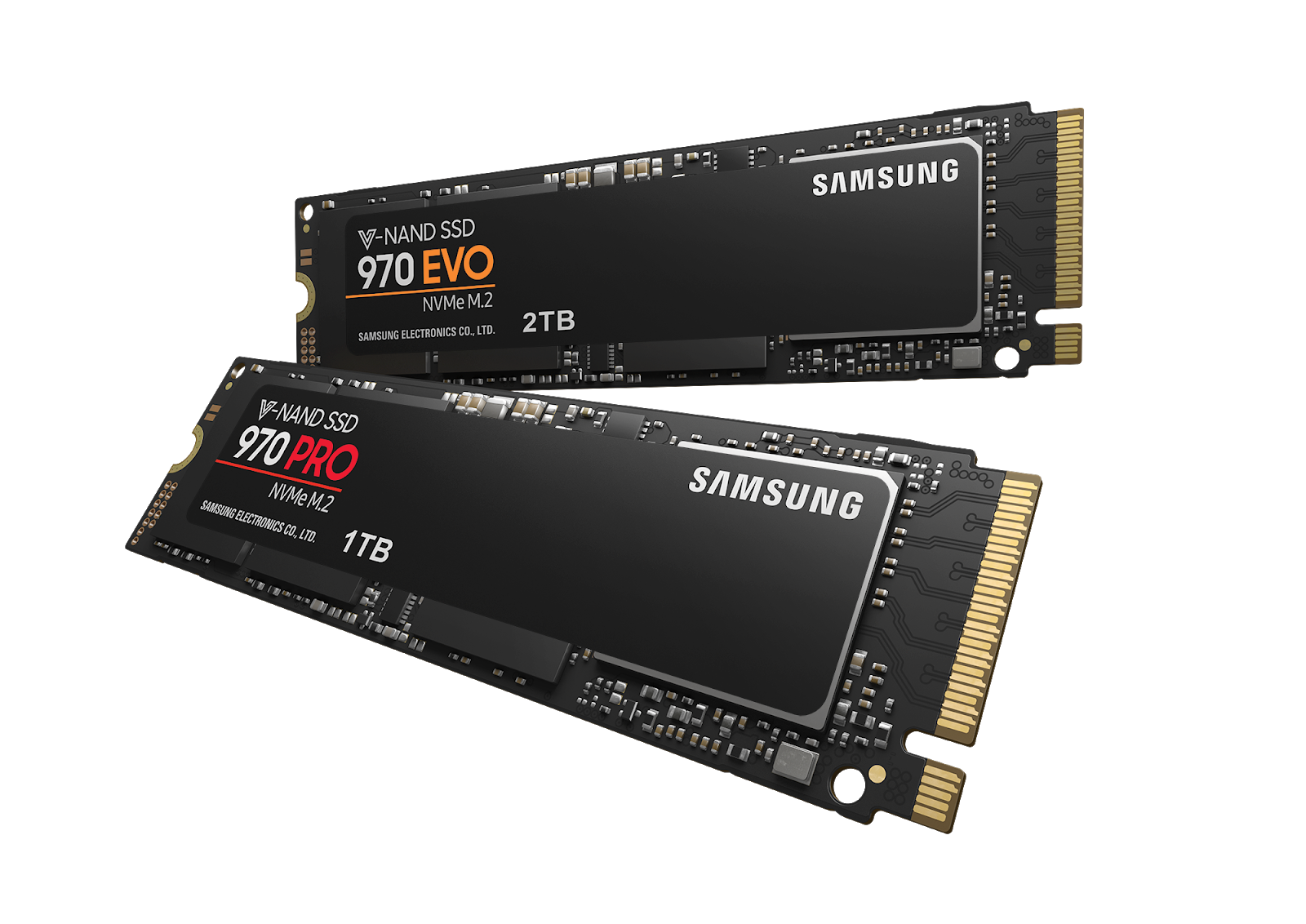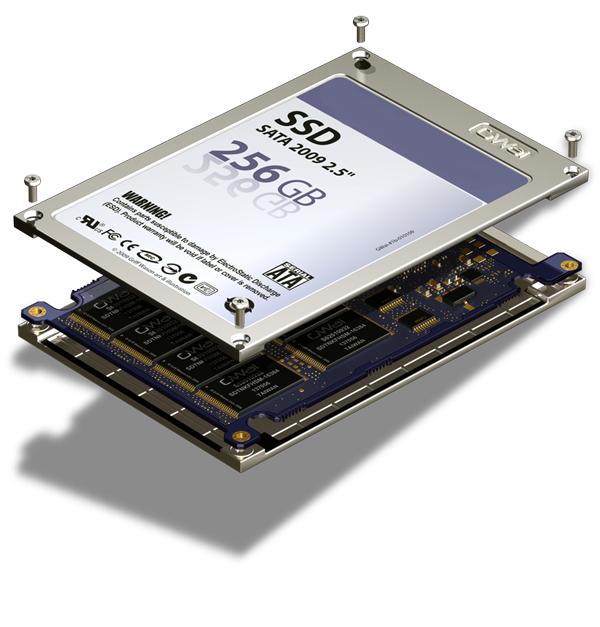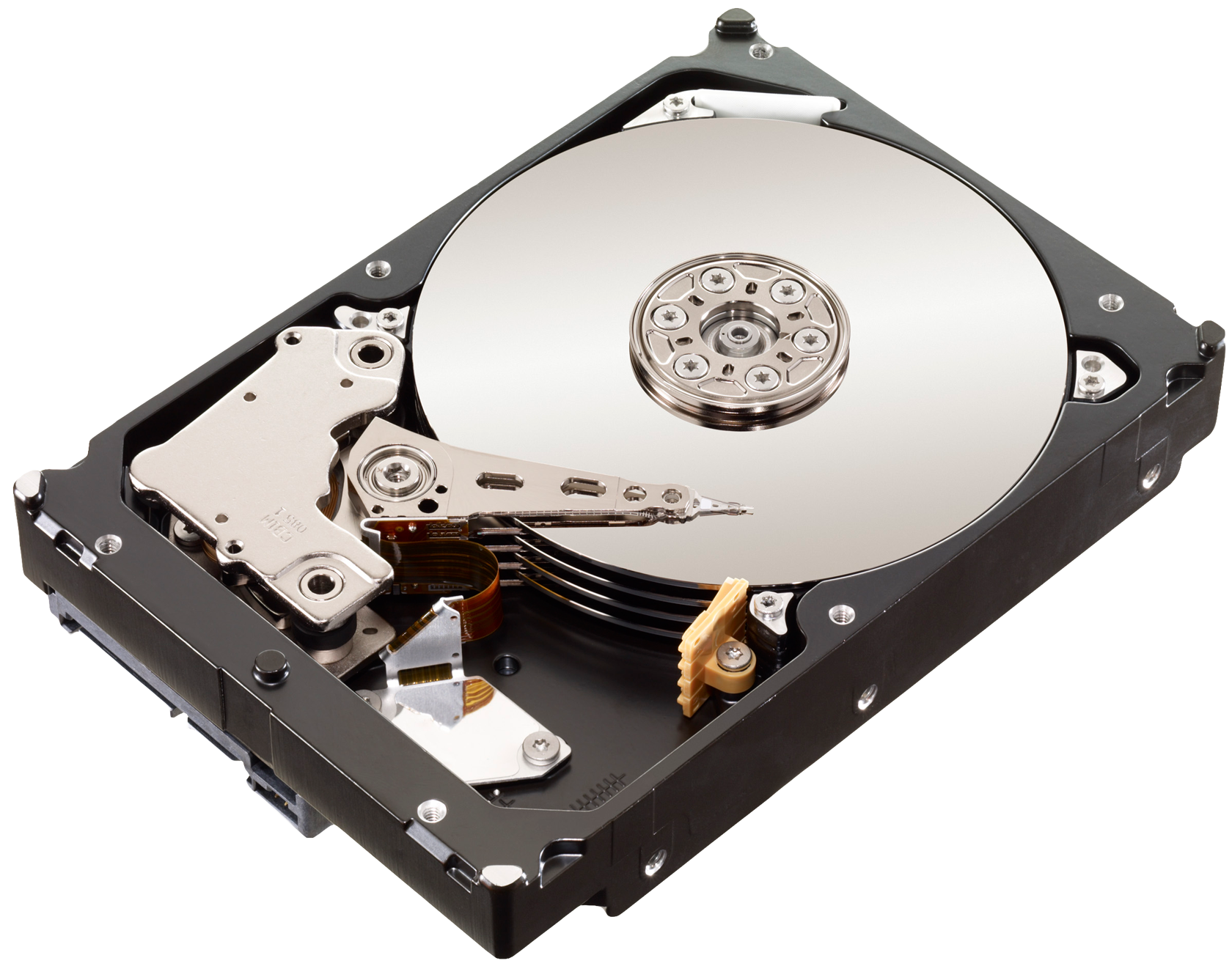Impact of Fragmentation on Hard Drive Performance
Explore the crucial aspects of fragmentation and its effects on hard drive performance. Learn how fragmentation occurs, its impact on data access speed, and discover best practices for optimizing your hard drive to ensure optimal efficiency.
Understanding Fragmentation
Fragmentation is a common occurrence on hard drives and refers to the scattered distribution of file data across different physical locations on the disk. This happens over time as files are created, modified, and deleted. As a result, the data on the hard drive becomes fragmented, and accessing it may take longer than if the data were stored contiguously.
Effects of Fragmentation on Data Access Speed
1. Increased Seek Time: Fragmented files are stored in non-contiguous clusters on the hard drive. When a file needs to be accessed, the read/write head must move to different locations to retrieve all fragments. This increased seek time can significantly slow down data access speed.
2. Reduced Throughput: Fragmentation can lead to a decrease in the overall throughput of the hard drive. As the read/write head jumps between different locations to access fragmented data, the efficiency of data transfer is compromised, resulting in reduced overall performance.
Types of Fragmentation
1. File Fragmentation: Occurs when individual files are broken into fragments stored in non-contiguous locations on the disk.
2. Free Space Fragmentation: Happens when free space on the hard drive is scattered in small chunks rather than being available as a single, contiguous block. This can lead to challenges in storing large files efficiently.
Optimizing Hard Drive to Reduce Fragmentation
1. Regular Defragmentation: Performing regular defragmentation is crucial for optimizing hard drive performance. Defragmentation tools rearrange fragmented data, placing related file fragments closer together for quicker access. Most operating systems offer built-in defragmentation tools.
2. Use of SSDs: Solid-state drives (SSDs) are less susceptible to fragmentation compared to traditional hard disk drives (HDDs). Consider using an SSD for improved overall performance and reduced impact of fragmentation on data access speed.
Best Practices for Disk Optimization
1. Regular Maintenance: Schedule regular maintenance tasks, including defragmentation, to keep your hard drive optimized. Automated tools are available to simplify this process and ensure your hard drive stays in peak condition.
2. Monitor Disk Health: Utilize disk health monitoring tools to keep track of your hard drive’s performance and detect potential issues early on. Addressing concerns promptly can prevent severe fragmentation and data access speed degradation.
Conclusion
Fragmentation can significantly impact hard drive performance, leading to increased seek times and reduced throughput. Understanding the types of fragmentation and implementing best practices for disk optimization, such as regular defragmentation and disk health monitoring, is crucial for maintaining optimal hard drive efficiency.


